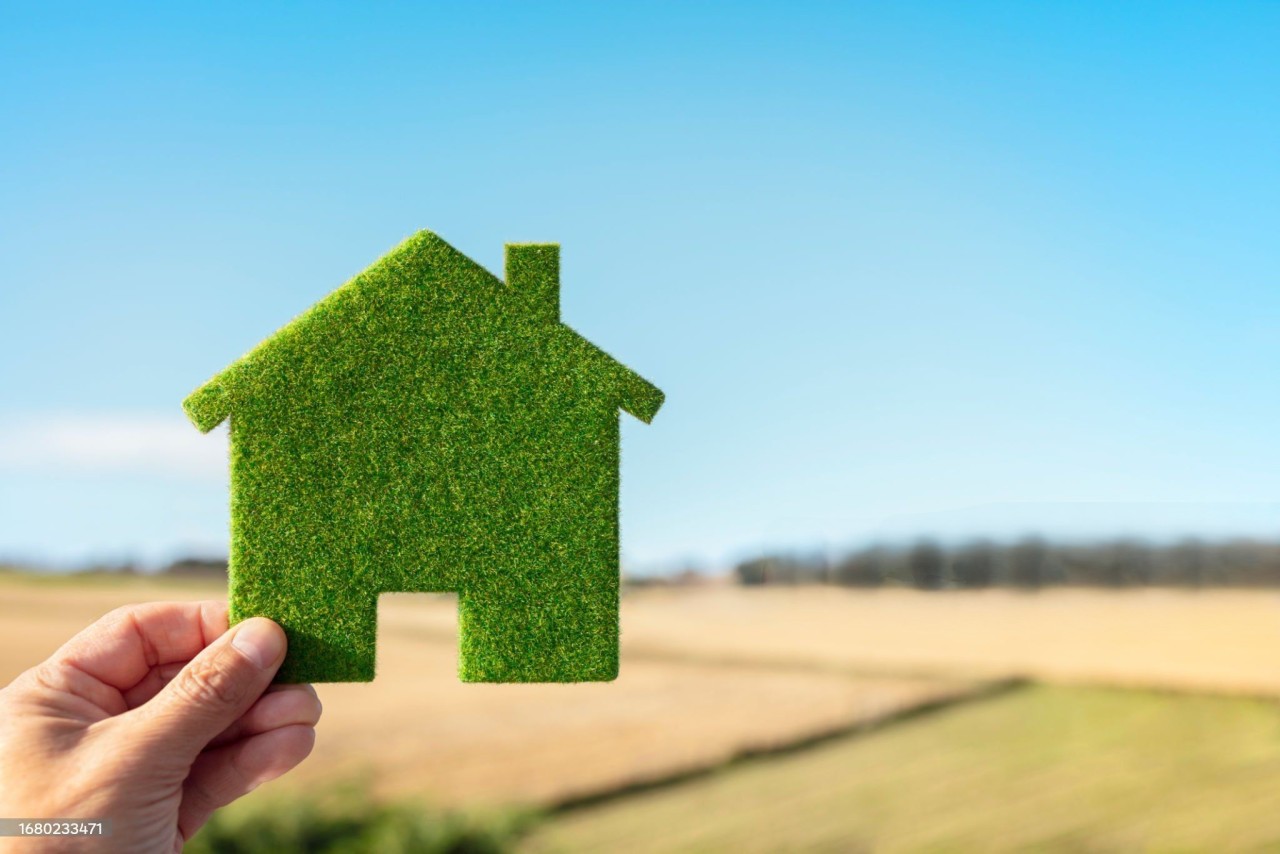
Driving Sustainable Living in Real Estate: Pioneering Green Housing and EV-Friendly Communities
Driving Sustainable Living in Real Estate: Pioneering Green Housing and EV-Friendly Communities
-
By Akshardevelopers_admin
-
November 5, 2024
-
Blog

According to a recent report by IBEF, India’s real estate sector is projected to reach a market size of $1 trillion by 2030 and contribute 13% to the country’s GDP by 2025. As the second-highest employment generator, real estate plays a critical role in the Indian economy. The sector has seen remarkable growth over the years, with a significant shift in housing demand largely attributed to the pandemic and subsequent lockdowns. As people spent extended periods at home, the importance of owning a home, particularly during times of uncertainty, became a priority.
With real estate emerging as a crucial player in boosting the national economy, it is vital for leading developers to embrace and promote responsible living. In recent years, climate change and sustainable development have become even more pressing issues. To combat climate change and ensure a healthier planet for future generations, a shift towards sustainable development practices is essential.
India’s construction sector contributes about 22% of the country’s total emissions, while globally, buildings are responsible for one-third of emissions. To address this, green housing offers a sustainable solution. Green buildings are designed to consume less water, optimize energy use, conserve natural resources, generate less waste, and provide healthier living spaces. They feature superior air quality, improved ventilation, and enhanced daylighting, all while fostering a better quality of life. At Akshar Developers, we have implemented sustainable initiatives such as solar-powered lighting for common areas, rainwater harvesting, wastewater treatment, and wet waste composting, among others.
Real estate developers need to set ambitious goals for carbon neutrality and adopt sustainable frameworks that align with global standards like the GHG Protocol’s scope 1, 2, and 3 emissions accounting practices. By successfully executing pilot projects, the industry can scale up these efforts and achieve substantial emission reductions.
The pandemic experience has also driven homebuyers to seek more energy-efficient properties, especially as they spend more time in their residences. A survey by Lithium Urban Technologies revealed that 69% of respondents have shifted towards more sustainable living since the pandemic began. This heightened environmental awareness has led to an increased demand for green housing, with many homebuyers now prioritizing projects that are LEED-certified or boast sustainable features.
The transport sector is another major contributor to CO2 emissions, accounting for 13.5% of India’s emissions, with road transport consuming 90% of the sector’s energy. Traditional vehicles with internal combustion engines (ICE) contribute to air pollution and dependence on fossil fuels, compromising public health. The shift toward electric vehicles (EVs) offers a promising solution. EVs reduce emissions, improve air quality, and enhance energy security, and their adoption is key to combating climate change.
As demand for EVs grows, so does the need for EV charging infrastructure in residential buildings. Research shows that one in five prospective homebuyers now asks for EV charging provisions as an amenity.
The real estate industry is increasingly adopting global sustainability practices, working to create resilient, inclusive urban communities. The coming years will see even greater emphasis on incorporating sustainable solutions throughout the development process, helping developers meet their ESG (Environmental, Social, and Governance) goals. As governments, businesses, and communities worldwide grapple with the impacts of climate change, it is essential to accelerate the transition to sustainable living.
A recent report by the Energy Policy Institute at the University of Chicago named India as the second most polluted country in the world, with a majority of its population living in areas exceeding WHO air quality guidelines. To address these challenges, it is crucial for real estate developers, including Akshar Developers, to take bold steps in integrating sustainable practices that help combat climate change and improve the quality of life for future generations.




